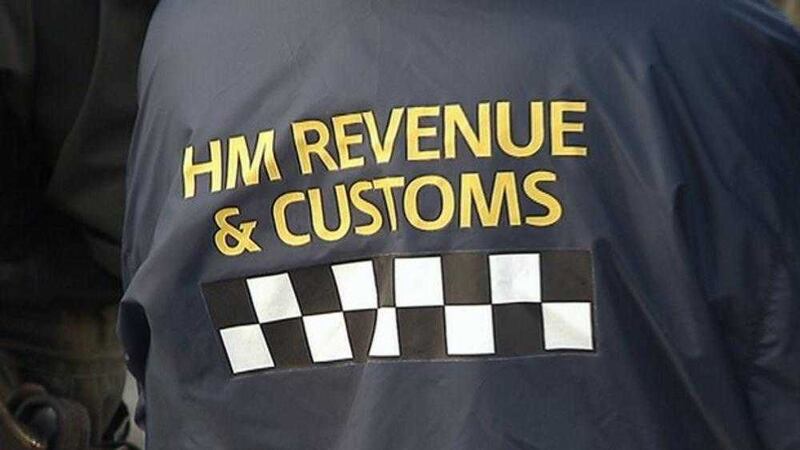QUESTION: I operate a large convenience store and last week I experienced an unannounced visit by three taxmen, waving a legal notice and insisting they inspect my business premises, business assets and business documents. What are my rights?
Answer: From April 1 2009 officers of HM Revenue and Customs (HMRC) have significant powers to obtain information from taxpayers and to carry out inspections of business premises.
The new powers introduced in April 2009 give HMRC officials the right to obtain information and documents and to inspect premises and other property. Since then there have been numerous instances of HMRC being overzealous in its use of them.
Never is this more apparent than in what can be the very intrusive use of the inspection power in the form of an unannounced visit.
The inspections may only take place if it is reasonably required to check a person’s tax position. If the inspection would not affect a person’s tax position now or in the future, it is not reasonably required.
HMRC must therefore be able to show why the inspection may help it to:
• Decide the correct tax position;
• Decide how the person’s tax position can be corrected; or
• Ensure that the correct tax is paid.
The first thing is to check that they are who they say they are. Ask for the written notice and check exactly who has authorised the visit. Note particularly if it has come from the First Tier Tribunal because of the potential penalty position.
Officers should be asked for their identity which they should produce and if necessary check this with their office. If there is a suitable reception area, ask them to wait until a professional advisor has been contacted.
It is important to remember that HMRC cannot conduct a search, these are only inspection powers. It is also worth noting that inspection does not extend to interviewing the person subject to the notice or their staff, something in practice HMRC officers commonly misunderstand or overlook.
If a person fails to comply with an information notice or deliberately obstructs an inspection, their failure or obstruction may attract a financial penalty if a tribunal has approved the visit. This does not apply if the person has a reasonable excuse.
The power enables HMRC to inspect the business premises and any business assets and documents that are on the premises. This could include looking at stock as well as at capital equipment. Business records such as sales invoices or purchase information can also be inspected. It is important to stress that this is not a search warrant, the officers can only look.
If a visit takes place care should be taken about what is visible and the inspection should be limited to only what the officers have asked to see. The officers should also be escorted around the premises.
Unannounced visits can be intimidating and most business owners believe they must cooperate with whatever they are asked to do because of the ‘legal’ notice they are presented with. However, in all such instances the business owner should be advised to ask precisely what is the basis of the visit before allowing it to continue.
In practice, this means that, if it can reasonably be said that the visit is at an inconvenient time (particularly busy), outside normal working hours, or the appropriate information is not readily available, it would be reasonable not to allow the inspection to proceed. The HMRC officer should be asked to leave and requested to make an appointment and specify what they wish to inspect.
In these circumstances, the HMRC officer cannot make the business owner comply with the visit (unlike when there is a search warrant). However, some caution must be exercised because penalties can be applied if the request to leave is deemed deliberate obstruction and the notice was issued by a tribunal.
It is best practice that business owners seek advice if HMRC conducts an unannounced visit. If they are unable to consult their accountants, it is reasonable to request that HMRC leave the premises and suggest they make an appointment for the inspection to be completed.
HMRC has a renewed policy of targeting cash-based businesses for these visits, specifically to inspect the recording of sales and cashing up procedures.
Accountants and tax advisors should be alive to the possibility that more unannounced visits could become normal practice, even if HMRC resource levels would suggest that this surely could not be the case.
: Feargal McCormack (f.mccormack@pkffpm.com) is managing partner of PKF-FPM (www.pkffpm. com)







